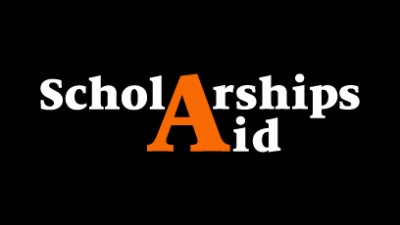
Ariana Qosaj Mustafa
Adjunct Faculty
Ariana Qosaj Mustafa
Adjunct Faculty
Bio
Dr. Ariana Qosaj-Mustafa is currently engaged as Adjunct Lecturer with AUK-RIT in Foundations of Public Policy, Global Studies and Energy Policy. Her expertise is focused on public policy, rule of law and gender equality. She currently acts as Chair of Kosovo Women’s Network and has supported the development of the organization actively as a leading umbrella organization for women focused NGO’s in Kosovo. She was part of senior management of Kosovar Institute for Policy Research and Development (KIPRED) as one of most reputable think tanks in Kosovo and led their programs in European Integration and Rule of Law. She has published a number of policy analysis and research reports for KIPRED and Kosovo Women's Network related to Good Governance, Rule of Law, European Integration processes as well as reports related to Gender-Based Violence and Women, Peace and Security issues. She was Legal Adviser to President H.E. Atifete Jahjaga during 2011-2012. She also often acts as a trainer and gender and social inclusion expert, with a number of international organizations such as the Council of Europe Office in Prishtina, Tetratech, USAID projects, UNDP, UNWOMEN, etc. From 2019-2023 she was engaged as part of the senior lecturers team with Riinvest College for the University of London, the London School of Economics and Political Science accredited degrees. From 2020-2022 she was part of the Compact Development Team (part time) as Gender and Social Inclusion Specialist that supported the development of the Compact Agreement with Kosovo and the Millenium Challenge Corporation (MCC). She currently acts as a Gender and Social Inclusion Expert with Tetratech team supporting the development of one of the projects component of the Just and Equitable Transition Acceleration (JETA) project of the MCC and Government of Kosovo. In February 2023 she completed the participation in the International Visitors Leadership Program on Diversity, Equity, Inclusion and Accessibility, awarded by the US Department of State, Bureau of Educational and Cultural Affairs.










